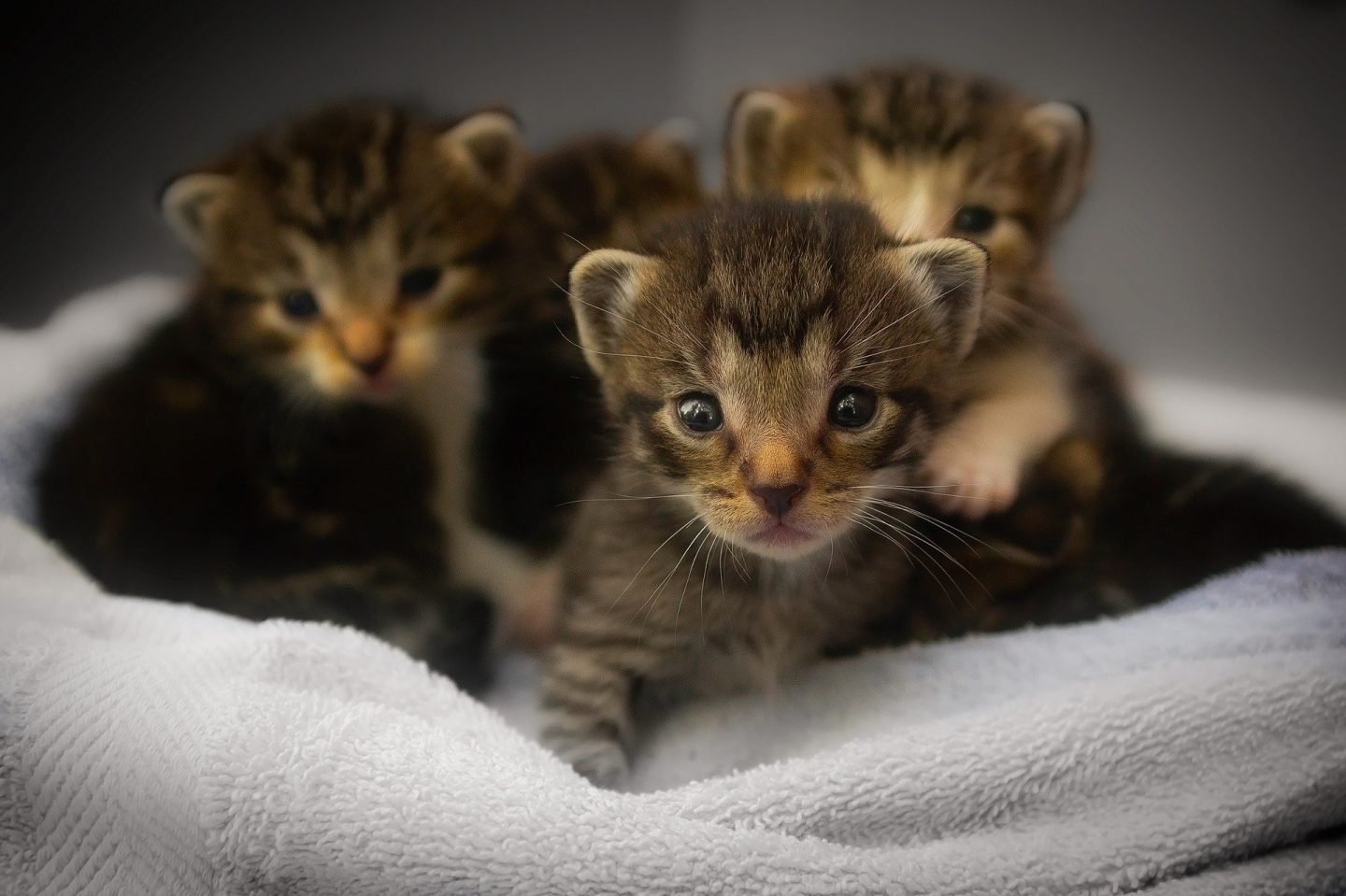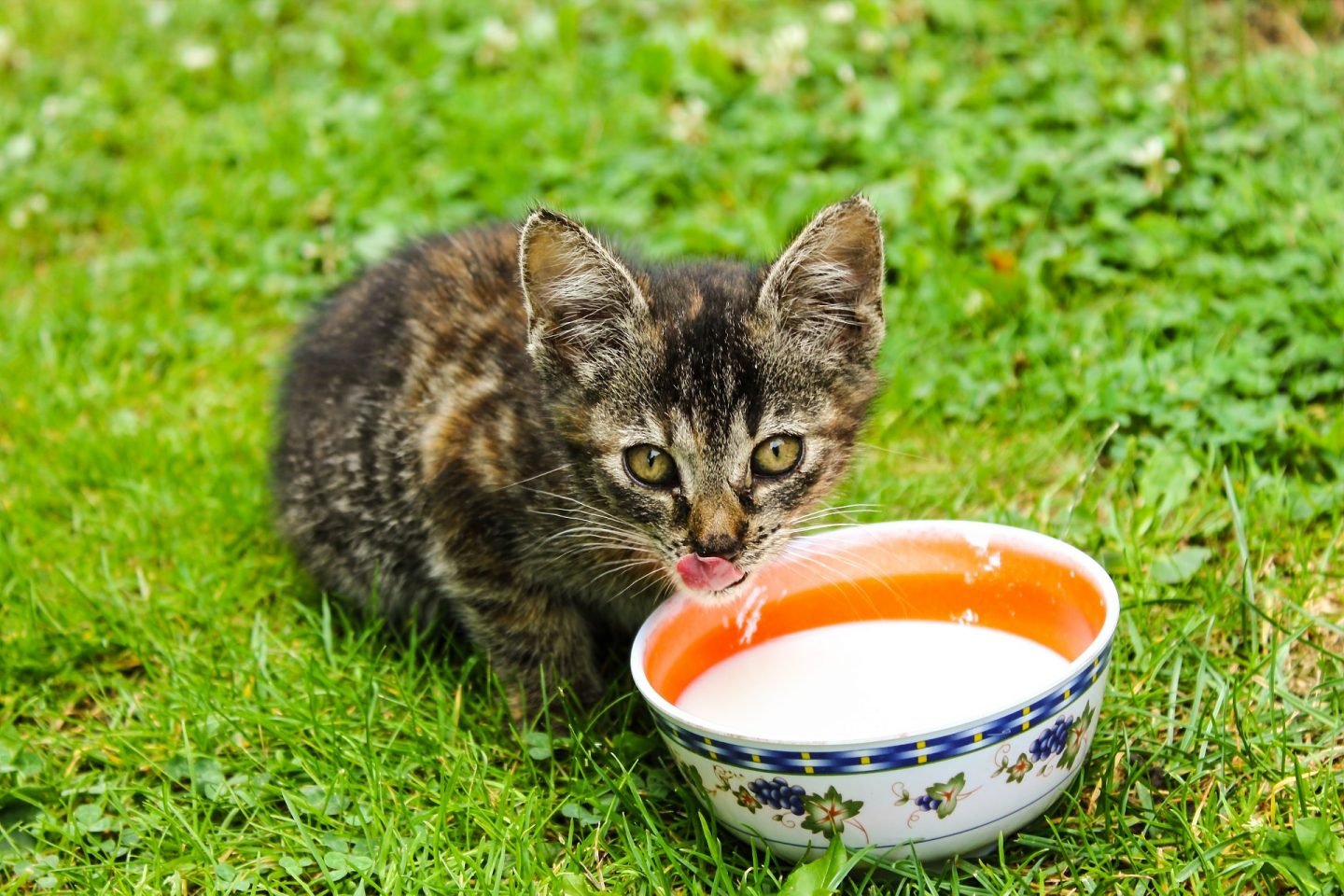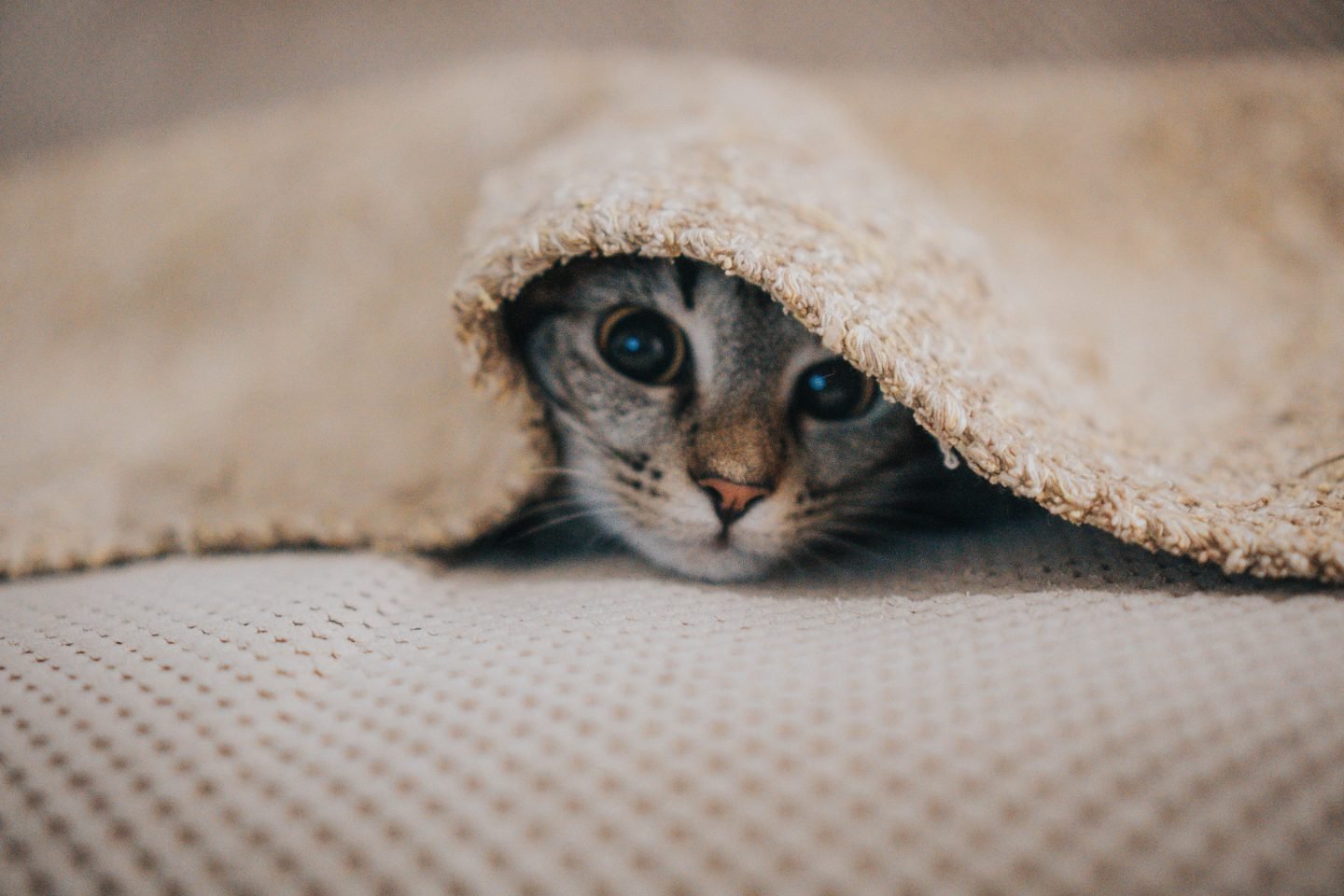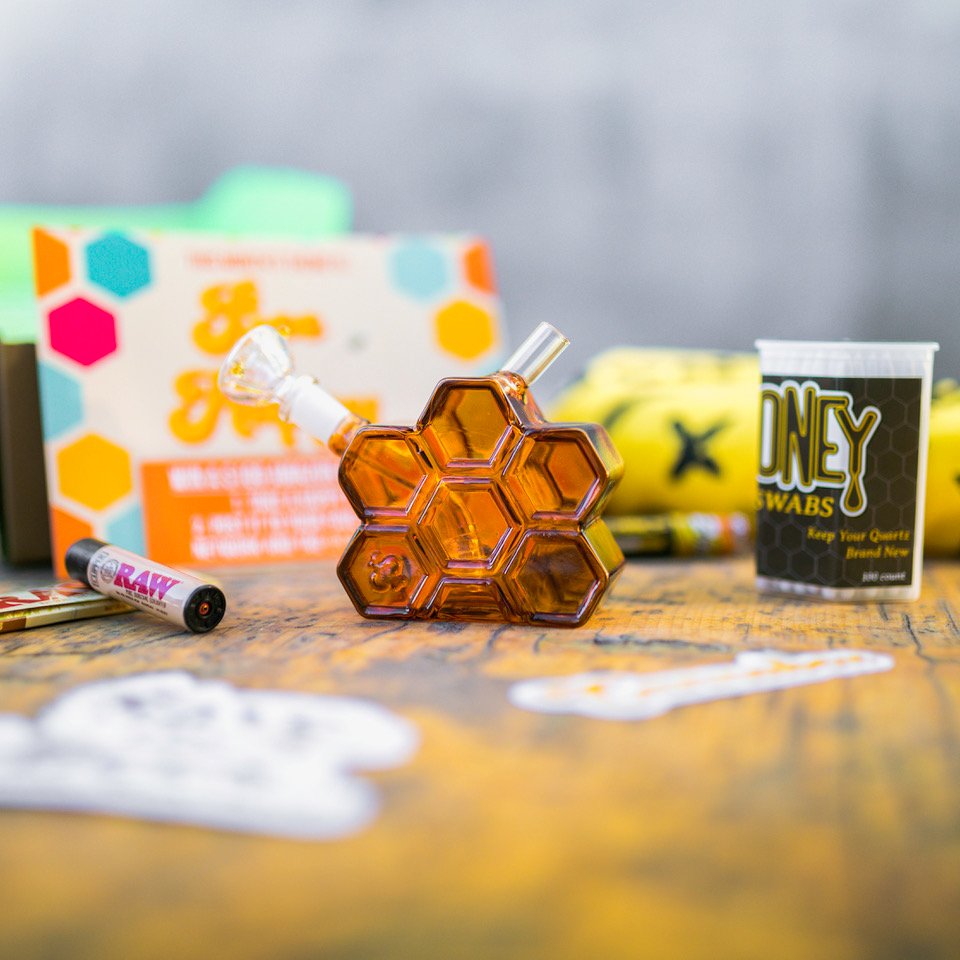Most of us consider our pets as a part of the family.
Our furry buddies don’t only give us a lifetime of love and happiness, but they also have direct effects on improving our overall health by reducing blood pressure levels and anxiety.

Taking care of their health is the least we could do to repay them. Whether you have a new furry addition to your family, or you have been meaning to rescue or adopt a small kitten from the shelter, you have to bear in mind that it’s not an easy task to take care of newborn kittens.
Building a strong and well-functioning immune system is the only foolproof way that will ensure your young felines’ health and help in preventing common health issues. Otherwise, they might be exposed to inflammation that could easily lead to heart and liver problems or even increased risks of cancer. Boosting functions of the immune system for kittens is essential and can be done through changes in their diets and lifestyle.

Right here, we have collected some of the surefire ways that every cat owner must know to support their immune system.
Encouraging play and reducing anxiety
Cats are sensitive creatures, they are usually subjected to anxiety and stress, especially during the first period of adjusting to a new home. Young kittens, specifically, tend to get anxious from their surrounding conditions such as getting to know other pets you might have or noise and light pollution. Just like humans, social anxiety and stress can take its toll on your kitten’s health and immune functions especially because their nutritional needs vary.

That being said, scientific studies have proven that encouraging play has a great impact on reducing stress levels, which consequently help in developing a healthy immune system for kittens. Regular playtime and exercise along with the right diet can also help in controlling your pets’ weight and body fat percentage which helps greatly in maintaining a strong body and immune functions.
Checkups also help establish a baseline of your kitten’s health and track any changes that might occur over time. Hoosier City residents often like to visit Indianapolis vets for cats to get advice on how to provide adequate care for their pets. Regular vaccinations also help protect your kitten from common diseases and viruses, which is essential for building a strong immune system. Make sure to follow your vet’s recommended vaccination schedule and keep track of any booster shots needed.
A well-balanced nourishing diet
Kittens’ nutritional needs vary from adult cats’ needs; protein, carbs, and fats intake should change based on age, lifestyle, and weight. Since kittens are way more active than adult cats, they require more calories and protein not only to fuel their energetic play but to also support their growth. Many pet owners feel confused about what they should feed their kittens after they have been introduced to solid food; when to introduce dry food options into their diets, and the right portion and frequency of their meals. You can easily see these choices that target kittens usually have more wet food options. Kitten food options are normally grain-free to reduce food sensitivity while containing more protein, essential minerals, and amino acids for healthy growth and improving the immune system. It’s recommended you feed your young feline friend foods that are exclusively made for kittens until they reach one year old. After that, it’s okay to start introducing home-cooked meals and any general food options into their diets.
Regular checkups and vaccinations
Many people might overlook the importance of regular health checks, especially if they keep their feline friends indoors. According to the American Veterinary Medical Association (AVMA), there is a noticeable decrease in the frequency of taking cats to the vet compared to dogs. You might think that you are offering a life of luxury to your feline buddy, yet, immune-related diseases, especially the ones induced by stress, can occur due to different reasons including harsh weather conditions, traumatizing events in their upbringing, and territorial disputes. Some specific breeds of cats can even inherit these diseases and have a higher risk of getting them.

Cats are masters of hiding illness. This goes way back to their wild ancestors who had to live in a “survival of the fittest” world where a weak kitten who showed any symptoms had lower survival chances than others. This is why many pet owners don’t feel the need to keep up with regular checks or required vaccinations even though, sometimes, they are literal lifesavers. Vaccinating your kittens is essential to help in preventing life-threatening diseases including panleukopenia, aids, leukemia, and to lower the chance of cat flu. Kittens should also be dewormed every two weeks until the age of 12 weeks, then once a month until they are six months old.
Just like human babies, kittens need extra attention and care during the first few months to grow healthily. Every pet owner should focus on emotional and physical development equally to prevent diseases from wreaking havoc on young cats’ well-being. Boosting the immune system is essential for a pet’s health. This can be done easily through calculated changes in your furry friends’ diet and lifestyle.






